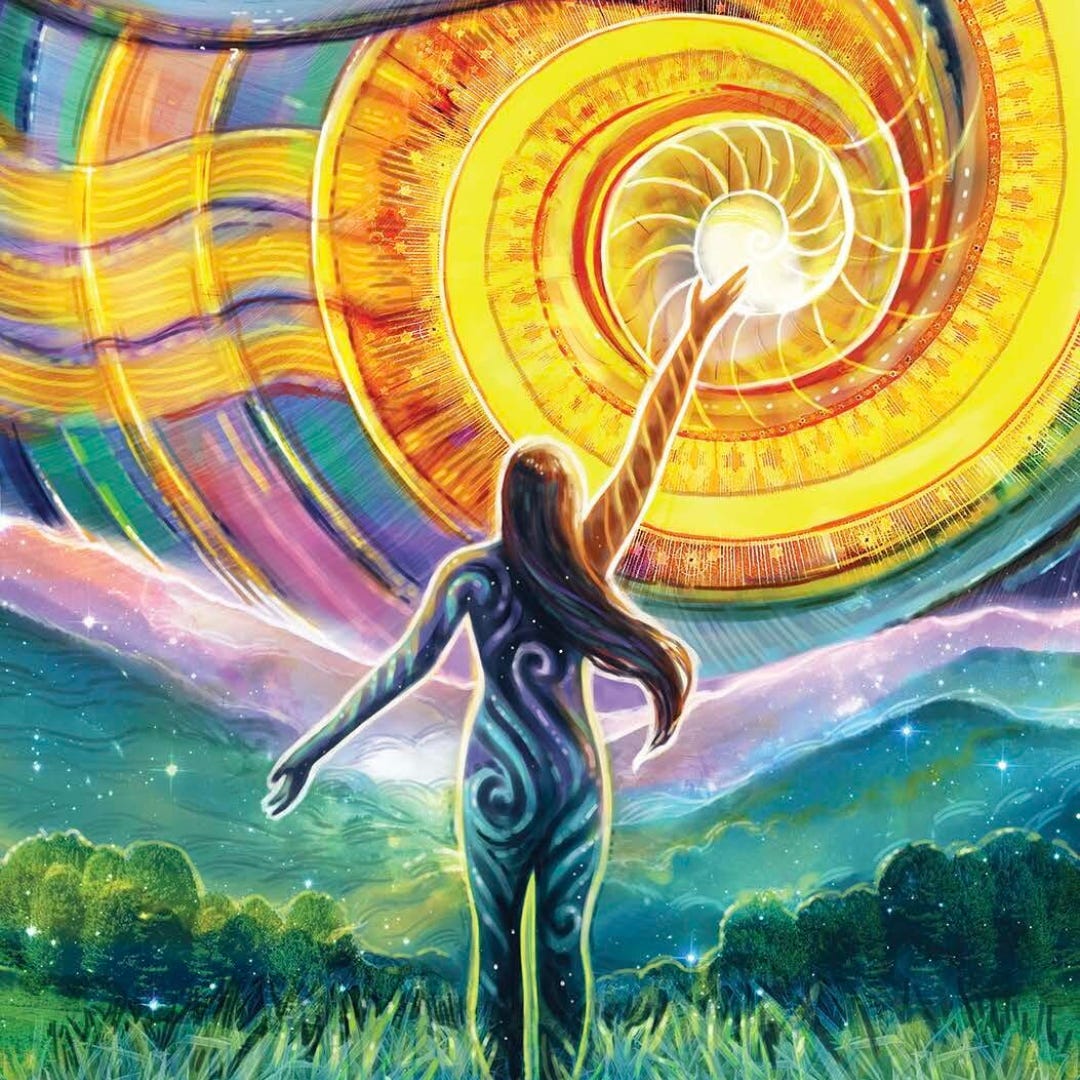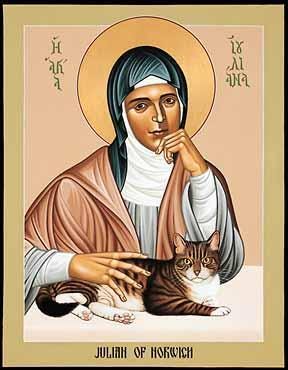Our images of God become more fluid as we grow in spiritual maturity. (Richard Rohr)
For the past few years, I have been drawn to images of God as Mother. Though I haven’t been very vocal about it, knowing that much of my tradition believes that seeing God as a woman is “unbiblical”, I have grown less and less concerned about those opinions. They are a dogmatic and narrow reading of scripture and have an exclusionary theological framework that only benefits one-half of humanity. My journey to this point isn’t because of my engagement with a more “progressive” culture or some form of trendy deconstructionism, but longing. My search for Mother God was birth out of my own personal story and experience as a woman and ten years of Biblical and Theological scholarship.
If you haven’t experienced being a woman in ministry, it’s a lonely space to be. There is so much masculinity parading around in our churches, it’s a wonder why any of us show up on Sundays. For years, women have had to translate and apply a masculine theology to our feminine souls. Add in being a childless woman, or being a single woman for that matter, and it just gets lonelier from there. So the longing for familiarity began to rise deep within me but I wasn’t entirely sure what it was. I couldn’t give it a name, I simply wanted a seat at the table of ministry and grew tired of being relegated to “note taker” in order to be in the room.
When my husband and I were first married, I was still shedding the skin of complementarianism1. Even after going to Bible College and feeling qualified to minister, I still didn’t believe it was my place. So when I saw an ad for a “Youth Pastor” at a local church, I shoved my husband through that door so I could ride smoothly on his coattails. He hated ministry. I absolutely loved it! I was feeding him all the curriculum. He was not a great teacher. Even though I was physiologically still complementarity, as a couple, we functioned as egalitarian2 without really trying. We didn’t even claim any of those titles. We were who we were. Living out as equals, keeping Christ as the only Head of our household. And it worked. So you can understand my frustration when I continued to be siloed in the house of God. It wasn’t until I took a sunny walk with my mother-in-law that I…no we, claimed the title. The conversation went something like this:
Mother-in-law: Colette, when are you going to let Josh be the head of the household?
Me: Well, because we are an egalitarian household.
Mother-in-law: Oh…
And the conversation moved on. That moment wasn’t only eye-opening for my mother-in-law but me! That was almost 6 years ago and the longing I had continued to grow from there; not just to be seen as an equal in ministry but for something even deeper, more expansive, more God.
When I finally got around to actually reading Jesus Feminist by Sara Bessy or Half the Church by Carolyn Curtis James it felt like they had been reading my journal. It wasn’t new. It was confirming all the inklings and wanderings my soul had done up to that point. But I pushed it aside to enter back into the fray of ministry, attempting to squeeze a chair into an already crowded table of male dominance. I burned out eventually because I also entered into the fray of trying to be an actual mother, and I couldn’t even do that. Chairs were being pulled out right from under me, so I left the room completely. This is a deep grief for me and yet, it became grief that led me to Mother God.
Carol Lynn Pearson’s book of poetry, “Finding Mother God” beautifully weaves together words no book of theology or well-crafted argument can contain. Her writing brings together both lament of what we have lost and a celebration of finding what many have been seeking but haven’t found in church or home: God. A fuller, more rich picture of the Divine that is not bound up by language or gender. In our attempts to capture God, we have only been able to grasp a toe and we had the audacity to call it god. Carol writes:
She is present but not accounted for,
and the only crime committed was not
a crime against her but a crime
against humanity, Her family, a crime
committed by humanity, Her family.
Her name was stolen,
but what’s in a name?
We could eat bread if it had no name
but it would be harder to ask for.
And how lovely it is to know that
my daily bread bears Her aroma
and to know that all my blessings flow
through Her hands as well as His.
Let us welcome Her with words.
She has missed the sound of her children’s voices.
Let us grasp Her and never let go.
We could eat bread if it had no name, but it would be harder to ask for.
We long for the divine feminine but many deem it “unbiblical” and our churches have narrowed it to marriage and taking care of children. Yet, we all contain the Inner Mother as Jane Woods explores. She is the wisdom spoken of in the Scriptures. She is the Mother giving birth to creation and to the nation of Isreal. She “knits us together” in the womb, offering us to “live, and move, and have our being” in Her.
As a childless woman, the concept of motherhood is difficult for me to understand. I will never experience the pain of birth or the supernatural connection to a child through breastfeeding. I will never hear someone call me “mom” nor have a legacy of grandchildren. But I can still give birth; birth to longing and desire. I can still bring forth life from my soul. As the German Theologian, Meister Eckhart writes: “What does God do all day long? God gives birth. From all eternity God lies on a maternity bed giving birth.” Even Jesus uses this language; we can be born again. Not by entering into our mother’s womb but through the Divine Womb of Mother God, and we are Her children who give birth to her message.
If you want to call this longing “deconstruction”, “liberal”, or even “heresy” - go for it. The Mother of the universe is profoundly patient and compassionate, and I want to mirror Her in every way. But just like childbirth, longing cannot be stopped, it must come out and take its first breath. I have now taken many breaths but I hope, after all this longing, you can too.
God is our Mother as truly as he is our Father; and he showed this in everything, and especially, in the sweet words where he says, ‘It is I,’ that is to say, ‘It is I: the power and goodness of fatherhood. It is I: the wisdom of motherhood. It is I: the light and grace which is all blessed love. It is I: the unity. I am the sovereign goodness of all manner of things. It is I that make you love. It is I that make you long. It is I: the eternal fulfillment of all true desires.
Julian of Norwich - Revelations of Divine Love
The belief that men and women are equal, but man is the authority or “head” of the household and church.
The belief that men and women are equal, and genders have co-authority.






Colette, thank you, thank you, thank you. First, for introducing me to Carol Lynn Pearson. I will never be the same.
And thank you for your courageous writing, on this topic and the many more I'm enjoying. I'm so glad you are here!!
May we all find more and more that our beautiful Mama God has been with us the whole time, and may we be drawn ever closer to Her heart!
I'm going to reread this one and meditate on the wisdom you offer here. This is an area I'm just beginning to explore but honestly so open to. I remember reading the shack and just instinctively feeling that the portrayal of God as female and black was good and beautiful. Are there resources you would recommend I see you have referred to a few here